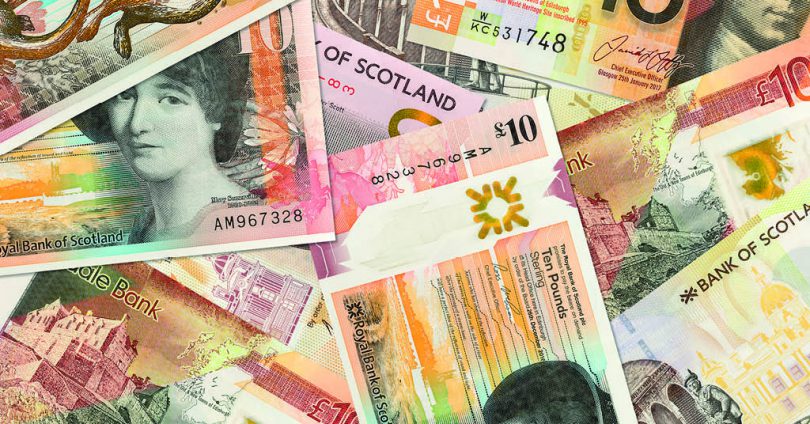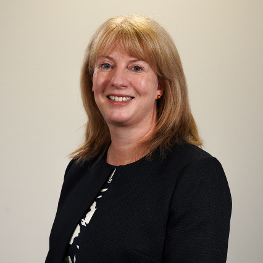The largest conference ever held on universal basic income has been organised from Glasgow and will open tomorrow.
At the same time the Scottish government will today begin work on an alternative idea when a cross-party steering group meets to push forward proposals for that has been described as an ‘’innovative, bold and radical’’ policy.
So is universal basic income – or some variation on that theme – an idea whose time has come? What is universal basic income, what are some of the variations and how could it work? Here are six things you need to know.
1: What exactly does universal basic income mean?
Most schemes involve a payment given by the government to each individual which would replace the state benefit system. There are very many different variations of the idea, including one known as citizen’s basic income (CBI).
The CBI website defines several characteristics of such payments. These include:
- They would be unconditional: Basic income would vary with age, but there would be no other conditions. Everyone of the same age would receive the same citizen’s basic income;
- They would be automatic: Basic income would be paid weekly or monthly. You would not need to apply;
- They would be non-withdrawable: The payments would not be means-tested. If someone’s earnings or wealth increased, then their basic income would not change.
2: What is this week’s conference from Glasgow all about?
Up to 1500 people are expected to log into the 22nd Basic Income Earth Network Congress online from tomorrow until Saturday.
Experts from around the world are taking part. Japan, New Zealand, Chile and the US are among the countries to be represented, as well as the chief economist of the United Nations development programme. The focus of the event is on discussing how to move the idea nearer to becoming a reality.
Professor Mike Danson, chair of Basic Income Network Scotland, said the Covid pandemic had shown that some people had fallen through the cracks for government support. He said: ‘’A lot of them have been forced into poverty and debt – a basic income would have been a much more effective and efficient way to make sure that wasn’t the outcome for many over the last 18 months.”
The conference will open with a video message from First Minister Nicola Sturgeon.
A minimum income guarantee (MIG) would aim to provide everyone in Scotland with a minimum acceptable standard of living
3: What are the Scottish government doing?
Social Justice Secretary Shona Robison will today chair a cross-party steering group to look at plans for a minimum income guarantee aimed at reducing poverty and inequality.
A minimum income guarantee (MIG) would aim to provide everyone in Scotland with a minimum acceptable standard of living.
Studies took place during the previous Holyrood term of a universal basic income (UBI). Critics say that would be expensive and require buy-in from both the Scottish and UK governments.
An MIG differs from a UBI in important ways. It is targeted at those on lower incomes, rather than being universal. It would be paid out via a variety of sources, including tax reliefs, social security benefits and services in kind, such as childcare and transport.
Ms Robison said such a scheme would be “revolutionary in our fight against poverty”, but would not replace secure employment or keep wages down.
4: Where have trials of universal basic income – or something related to it – taken place?
Two major basic income experiments have been conducted in Canada. The Mincome experiment in Manitoba from 1974–197 was intended to last for two years but only lasted a few months when it fell into budgetary problems. The Ontario Basic Income Pilot Project in 2017 had a budget of $150,000,000. The 4,000 participants received up to $16,989 per year for a single person and $24,027 per year for a couple, less 50% of any earned income.
Although the incoming Progressive Conservative government had promised to maintain the three-year pilot program, its cancellation was announced in August 2018, just 10 months after payments began.
A YouGov poll in 2020 found that in the light of the pandemic 51% of the UK public supported a universal basic income, while 24% did not
Other countries where trials have been held include Finland, where the variation being trialed was found to have increased wellbeing, Spain, Kenya and California.
5: The UK view
A YouGov poll in 2020 found that in the light of the pandemic 51% of the UK public supported a universal basic income, while 24% did not.
A public petition ran for six months on the UK government website from March 2020 until September 2020 calling for a universal basic income to be introduced during the pandemic and attracted more than 114,000 signatures.
The Welsh government is planning to hold a trial in which everyone living in a test area would receive universal income payments. Full details have not yet been decided. The UK government has complained that neither the Treasury nor the Department for Work and Pensions were consulted.
6: The Business for Scotland view
In an article published three years ago Business for Scotland founder and CEO Gordon MacIntyre-Kemp said he supported a form of basic income in principle but that there are many variations of the idea and no two are the same. In a separate article he wrote that a Scottish citizen’s income is one of the key emerging economic ideas of our time.
He says polling suggests such an idea is popular but a huge number of people think it’s unaffordable. He believes something similar to basic income will be needed at some point in future due to robotisation and AI.









